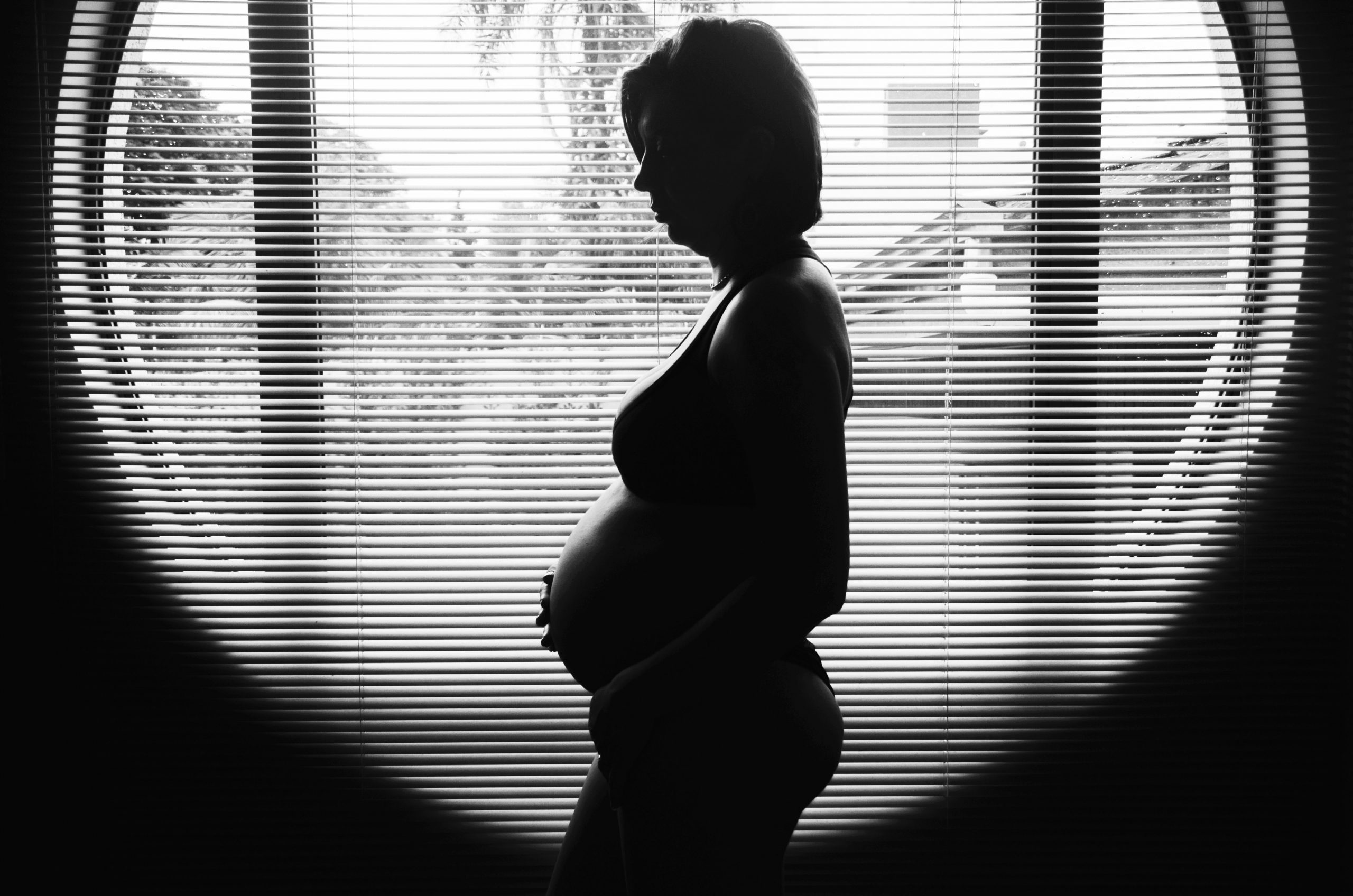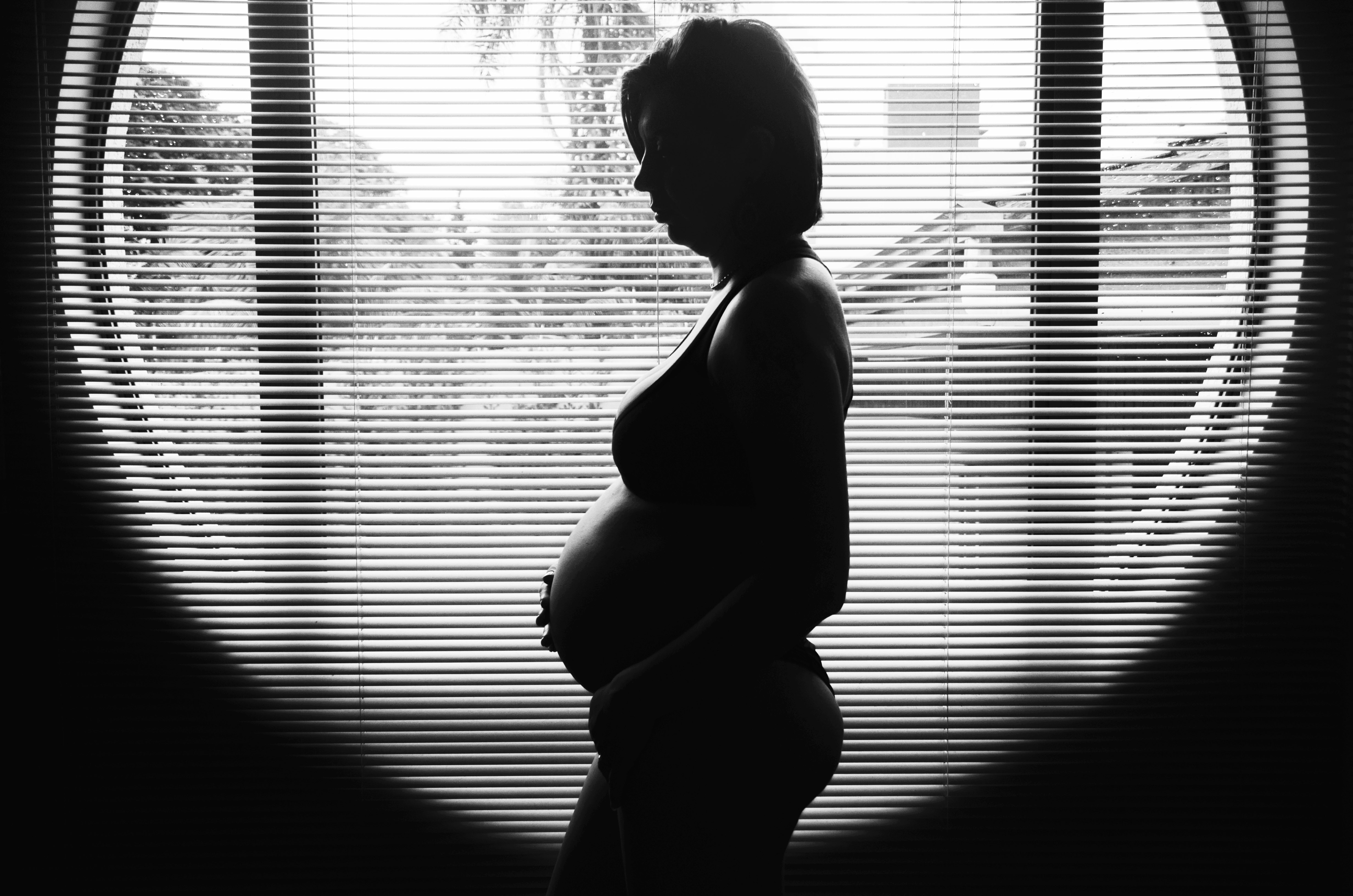A few years ago, a friend from high school who was in her second trimester of pregnancy with her second child, reached out to me to ask me what antibiotics she should avoid. She had pneumonia, and was on her way to the doctor’s office. I told her that she should steer clear fluoroquinolones (Cipro/ciprofloxacin, Levaquin/levofloxacin, Avelox/moxifloxacin, and Floxin/ofloxacin).
Being an empowered and skeptical person, my friend didn’t just take my word for it that fluoroquinolones were dangerous, she did her own research and noted that the warning label for Cipro/ciprofloxacin stated:
Pregnancy Category C There are no adequate and well-controlled studies in pregnant women. CIPRO should not be used during pregnancy unless the potential benefit justifies the potential risk to both fetus and mother. An expert review of published data on experiences with ciprofloxacin use during pregnancy by TERIS–the Teratogen Information System–concluded that therapeutic doses during pregnancy are unlikely to pose a substantial teratogenic risk (quantity and quality of data=fair), but the data are insufficient to state that there is no risk.2
With that information in-hand, she was empowered to adamantly refuse the prescription for Cipro that her doctor wanted to give her, and instead insisted that she get a prescription for a safer antibiotic (a pregnancy category B antibiotic).
I was relieved beyond words when she told me that she had refused the Cipro prescription. She wasn’t going to get floxed, and whatever effects the Cipro may have had on her baby were avoided.
Study Indicates that Fluoroquinolones May Increase Risk of Birth Defects
A recent study in the British Journal of Pharmacology, “Use of antibiotics during pregnancy and the risk of major congenital malformations: a population based cohort study” has shown that, “antibiotics in the class called quinolones — ciprofloxacin, levofloxacin and others — are particularly dangerous and should be avoided in pregnancy.”
The study, which “followed 139,938 mothers of babies born in Quebec from 1998 to 2008, tracking their antibiotic use in the first trimester, and their babies’ birth defects through the first year of life” found that:
Moxifloxacin exposure was associated with a 5-fold increased risk of respiratory system malformations and ofloxacin use with an 8-fold increased risk of MCMs. However, these results should be interpreted with caution given the small number of exposed cases.
Teratogenicity of quinolone has been reported in the literature in animal and experimental studies [50, 51]. Indeed, quinolones can act as DNA gyrase inhibitors and also as mitotic inhibitors [52]. This may partially damage DNA and induce fetal malformation, which supports our findings [52].
The other antibiotics examined were also more dangerous during pregnancy than I think any pregnant woman should feel comfortable with, but fluoroquinolones were found to be particularly dangerous.
Too Many Pregnant Women are Prescribed Fluoroquinolone Antibiotics
My friend had a healthy son, and he is now a happy and healthy toddler. She took antibiotics (but not fluoroquinolone antibiotics) during pregnancy, but her son was not negatively affected.
My friend was fortunate. However, most pregnant women don’t have a high school friend who incessantly posts about the dangers of fluoroquinolones, and many of them take fluoroquinolones during pregnancy without being aware of the risks these drugs pose to them or their babies. Doctors who prescribe fluoroquinolones to pregnant women, when there are safer alternative antibiotics, are endangering women and children, and there is nothing okay about that.
***
New York Times, “Certain Antibiotics May Increase Risk of Birth Defects”
British Journal of Clinical Pharmacology, “Use of antibiotics during pregnancy and the risk of major congenital malformations: a population based cohort study”
***













… [Trackback]
[…] Read More on that Topic: floxiehope.com/fluoroquinolone-antibiotics-increase-risk-of-birth-defects/ […]
… [Trackback]
[…] Find More here to that Topic: floxiehope.com/fluoroquinolone-antibiotics-increase-risk-of-birth-defects/ […]
… [Trackback]
[…] Read More Info here on that Topic: floxiehope.com/fluoroquinolone-antibiotics-increase-risk-of-birth-defects/ […]
… [Trackback]
[…] There you can find 71478 more Information to that Topic: floxiehope.com/fluoroquinolone-antibiotics-increase-risk-of-birth-defects/ […]
… [Trackback]
[…] Info on that Topic: floxiehope.com/fluoroquinolone-antibiotics-increase-risk-of-birth-defects/ […]
… [Trackback]
[…] There you will find 18825 more Info to that Topic: floxiehope.com/fluoroquinolone-antibiotics-increase-risk-of-birth-defects/ […]
… [Trackback]
[…] There you can find 1677 additional Info to that Topic: floxiehope.com/fluoroquinolone-antibiotics-increase-risk-of-birth-defects/ […]
… [Trackback]
[…] Read More Info here on that Topic: floxiehope.com/fluoroquinolone-antibiotics-increase-risk-of-birth-defects/ […]
… [Trackback]
[…] Find More Information here on that Topic: floxiehope.com/fluoroquinolone-antibiotics-increase-risk-of-birth-defects/ […]
… [Trackback]
[…] Read More to that Topic: floxiehope.com/fluoroquinolone-antibiotics-increase-risk-of-birth-defects/ […]
… [Trackback]
[…] Read More Information here on that Topic: floxiehope.com/fluoroquinolone-antibiotics-increase-risk-of-birth-defects/ […]
… [Trackback]
[…] Info on that Topic: floxiehope.com/fluoroquinolone-antibiotics-increase-risk-of-birth-defects/ […]